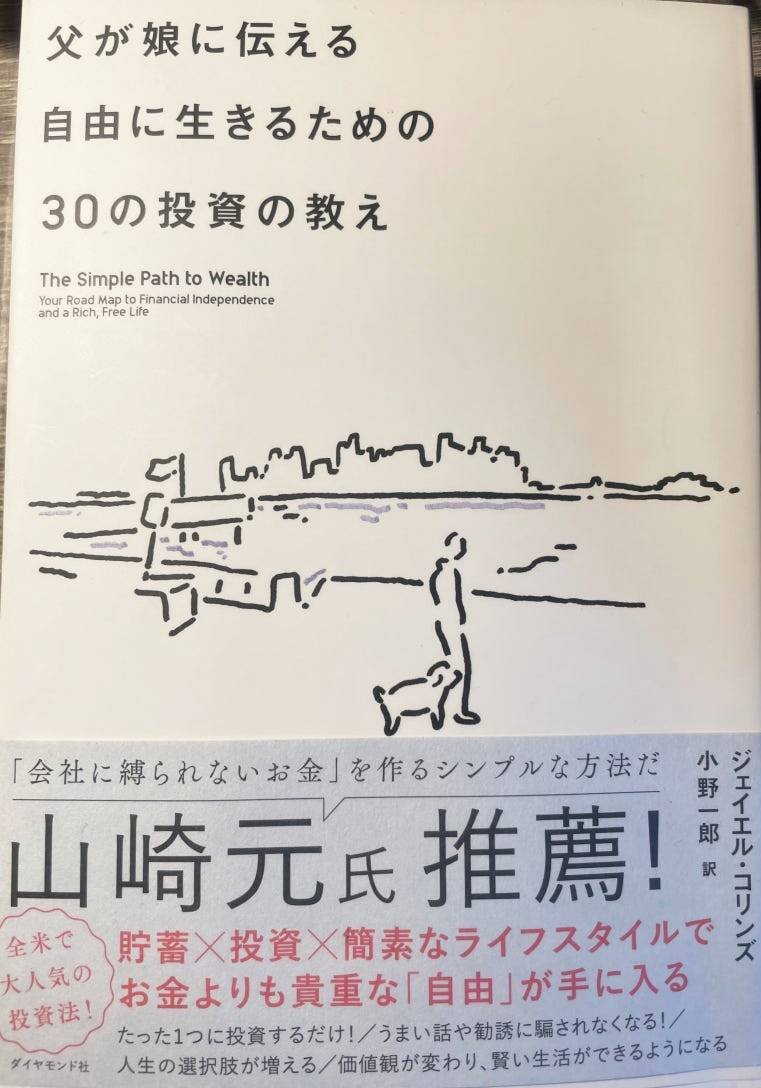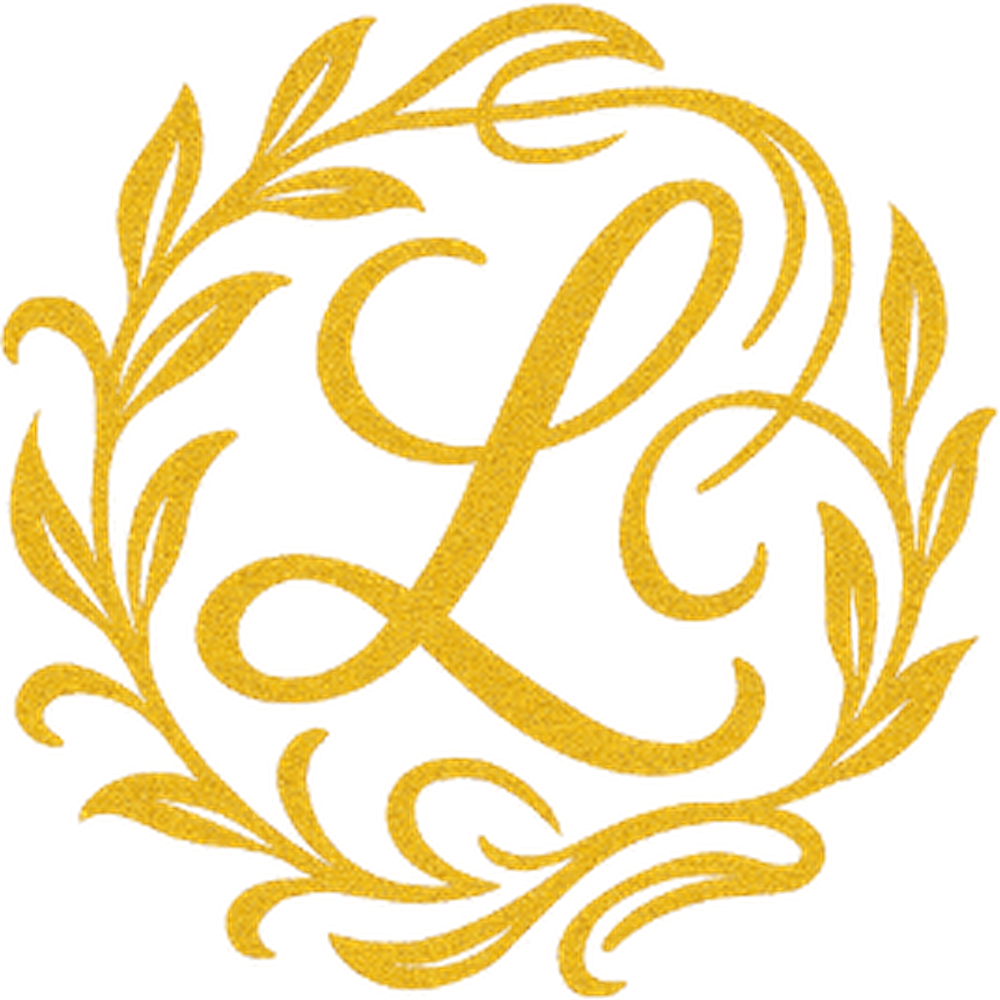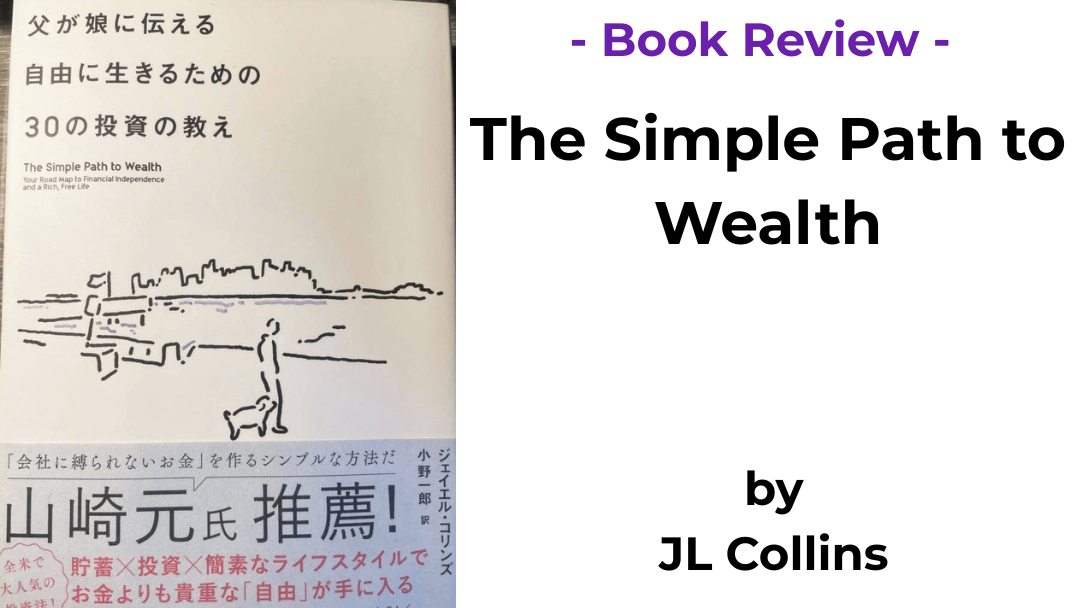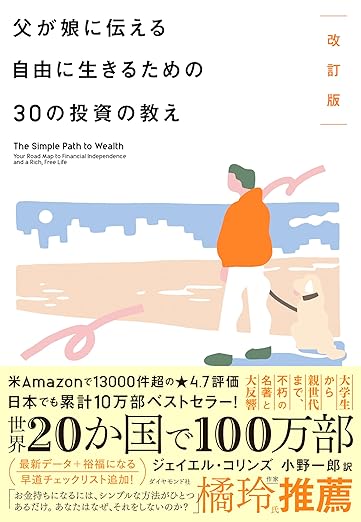
✨Stars — Indicate the difficulty level of the book content.
★☆☆ 1 Star: Easy to read and understand.
★★☆ 2 Stars: Moderate difficulty with some specialized terms.
★★★ 3 Stars: Advanced content with complex ideas and terminology.
About the Book
■Title: 30 Investment Lessons a Father Teaches His Daughter for Living Freely (父が娘に伝える自由に生きるための30の投資の教え)
■Author: JL Collins (ジェイエル・コリンズ)
■Publisher: Diamond, Inc. (ダイヤモンド社)
“30 Investment Lessons a Father Teaches His Daughter for Living Freely” is a book compiled from a series of blog posts written by JL Collins for his teenage daughter, in which he shared his thoughts on investing and personal finance. The English edition, titled The Simple Path to Wealth, has become a beloved bestseller around the world.
JL Collins began writing these essays out of a desire to pass down the hard-earned experience and wisdom he had gained over many years to his daughter. He talks about what choices truly matter, where genuine treasures lie, and how simple the path to finding them can be.
This book reflects a father’s heartfelt wish for his daughter to walk a smooth path in life and to achieve financial independence easily and simply. Filled with JL Collins’s love for his daughter and his realistic advice, these writings were eventually published as a single volume that has deeply influenced many people’s views on life and investing across generations.
Summary
In Part 1, Collins emphasizes that debt is a heavy burden that should be avoided, and that financial independence—having money that is truly your own—is essential to living without being bound by a company or organization. He also discusses the right mindset toward money and the fundamentals of personal finance, laying the foundation for economic freedom and a self-directed life.
Part 2 explores why so many people lose money in the stock market and explains the principles of portfolio construction and asset allocation to preserve wealth. While introducing various asset types such as bonds and international funds, Collins concludes that the simplest investment strategies are often the most powerful.
In Part 3, he points out the pitfalls and inefficiencies of complex investment methods, reinforcing the idea that simplicity is the core of successful investing. Finally, Part 4 focuses on how to live after achieving financial independence—how to preserve wealth, manage risks, and maintain a balanced mindset in freedom.
Ultimately, this book is not merely about how to make money, but about how to use it to make your own choices and live freely — a true guide to life and independence.
Notable Quotes
■使い方をマスターすれば、お金は忠実な部下になる!でも、うまくやれないと、逆にあなたがお金に使われる!
If you master how to use it, money becomes a loyal servant.
But if you fail to handle it well, it will be you who ends up serving money instead.
■あなたは自分のものを所有しているが、同時にそれに縛られてもいる。
You may own things, but at the same time, you are also bound by them.
■お金で買えるものよりも貴重なのは自由であること。
What is more valuable than anything money can buy is the freedom to live freely.
My Thoughts
One of the biggest reasons I chose this book was because it was a collection of writings that the author, JL Collins, originally wrote out of love for his own daughter. It wasn’t something written for commercial purposes from the start, but rather a heartfelt message wishing for his daughter’s peaceful and independent life. That sincerity touched me deeply. The contents of the book are practical yet easy to understand, and reading it felt as if a real father were gently speaking to his daughter.
Among the lines in the book, the phrase “If you can live for a year on 4% of your investment, you are financially independent.” became a key indicator for me — a way to measure the point at which I could consider myself economically free.
I also resonated with the principle of living within one’s means and avoiding debt. Since then, I’ve stopped using credit cards altogether. Of course, credit cards can be convenient when used wisely, but I decided to buy only what I can afford with the cash I already have — and eventually realized I didn’t need them anymore. That said, I believe that certain types of loans, such as a mortgage for housing, can be reasonable if approached thoughtfully and with careful planning.
The sentence “You may own things, but at the same time, you are also bound by them.” also made me reflect on whether the things I own are truly necessary. Since then, I’ve tried to minimize my possessions and keep only what I truly need.
As I grow older, I have come to realize how precious time and freedom really are, and how important it is to protect them. I once thought that achieving financial independence was something difficult, reserved for only a few people. But “30 Investment Lessons a Father Teaches His Daughter for Living Freely(The Simple Path to Wealth)” taught me that economic freedom can actually be achieved through simple principles and steady practice — and for that, I am deeply grateful.





Comments